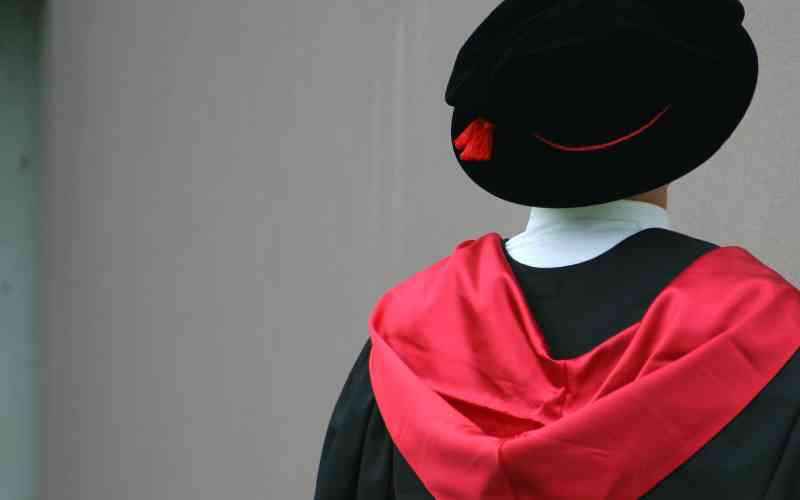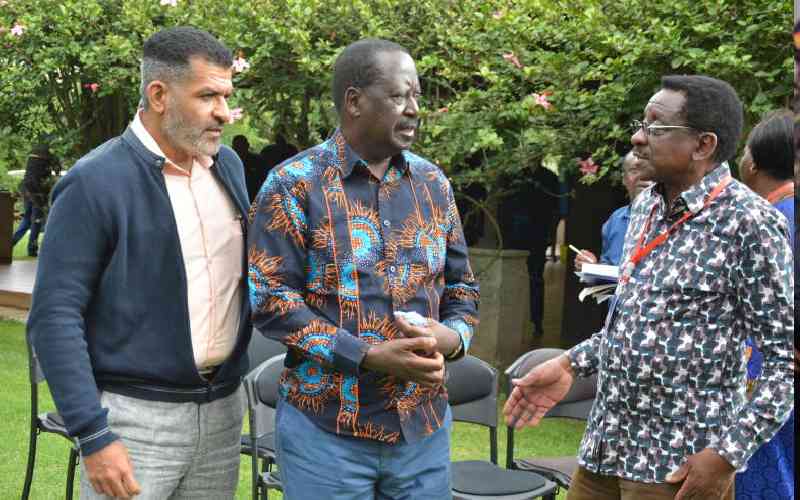
National Assembly Speaker Moses Wetang’ula has set the ball rolling on the arduous journey to free university education in Kenya. It is possible to make tertiary education free or at least, affordable for all Kenyan students.
It is unfortunate that thousands of bright but needy students graduate from high school but fail to join college because their parents cannot afford the exorbitant fees charged by public and private colleges. The majority of such bright students end up in the streets or get into menial jobs for survival. This waste of talent and skills must prick the conscience of all Kenyans.
For that reason, Kenya has in the past experimented with the Higher Education Loans Board (Hleb), University Fund, Constituency Development Fund, County Fund and even Ward Fund to help educate needy learners across all levels. Therefore, MPs, governors and MCAs are allocated funds to identify needy but bright students and sponsor their tuition fees.
In addition, the government has national bursaries for students from disadvantaged backgrounds. This has helped a great deal in making education accessible. Learners from remote and marginalised regions have gone through school from primary to university and excelled.
The private sector and philanthropists have also chipped in and helped educate hundreds of thousands of deserving learners. The majority of the needy students have gone on to do well in their respective professions and helped their families and communities out of debilitating poverty. That is all good.
Now, it has emerged that the numerous government initiatives to help poor but bright students could be amalgamated into one fund and make university education free. Over Sh100 billion is spent on these initiatives by the government every year, yet university education remains prohibitively too high for a majority of poor students and their parents.
MPs and a few proponents want the funds collapsed into one and the money sent directly to the universities. It is possible, but it must be gradual and carefully handled. Indeed, one the reasons the new university funding model is facing resistance currently is because of limited public participation.
University managers, parents and students were not consulted adequately on the new model. For instance, university vice-chancellors say it was wrong to term some students as poor and needy in one band and at the same time refer to some as less needy and ask them to pay more.
If all stakeholders had been consulted, the model could work and allow those who can afford, to pay their fair share and have others studying for free. It is also not lost on Kenyans that most public universities are struggling financially. The government and university managers must urgently find lasting solutions even as they strive to make higher education affordable or even free for all Kenyans.
 The Standard Group Plc is a multi-media organization with investments in media
platforms spanning newspaper print operations, television, radio broadcasting,
digital and online services. The Standard Group is recognized as a leading
multi-media house in Kenya with a key influence in matters of national and
international interest.
The Standard Group Plc is a multi-media organization with investments in media
platforms spanning newspaper print operations, television, radio broadcasting,
digital and online services. The Standard Group is recognized as a leading
multi-media house in Kenya with a key influence in matters of national and
international interest.
 The Standard Group Plc is a multi-media organization with investments in media
platforms spanning newspaper print operations, television, radio broadcasting,
digital and online services. The Standard Group is recognized as a leading
multi-media house in Kenya with a key influence in matters of national and
international interest.
The Standard Group Plc is a multi-media organization with investments in media
platforms spanning newspaper print operations, television, radio broadcasting,
digital and online services. The Standard Group is recognized as a leading
multi-media house in Kenya with a key influence in matters of national and
international interest.








